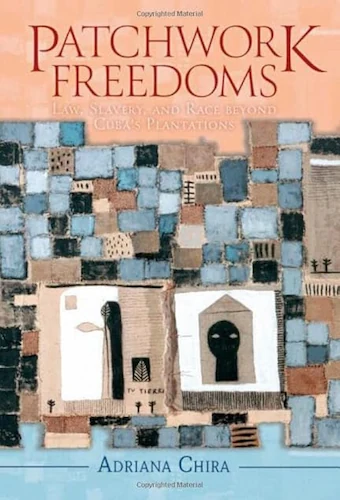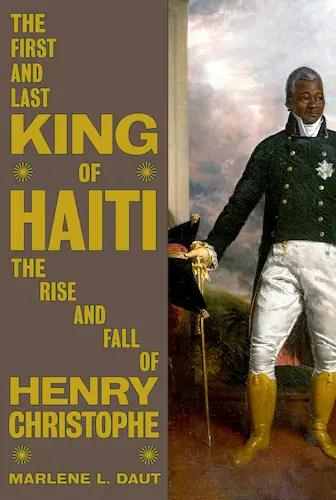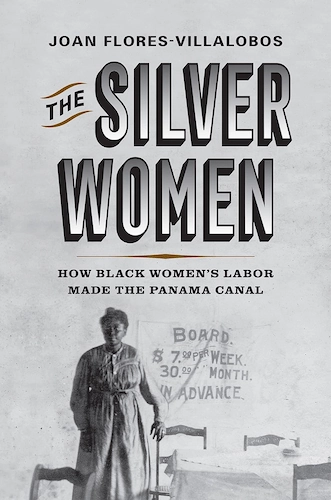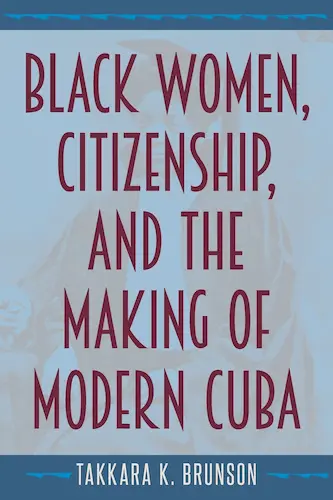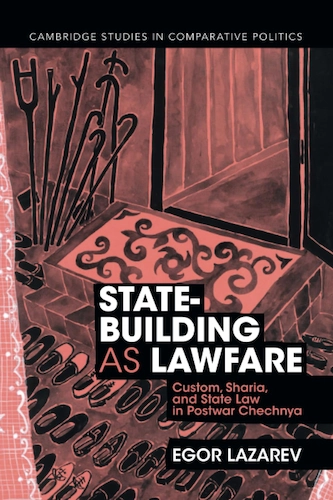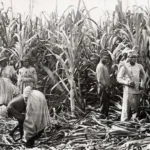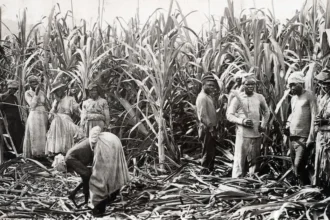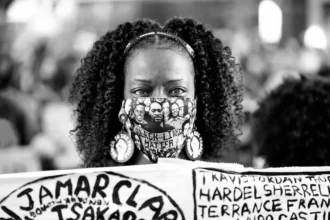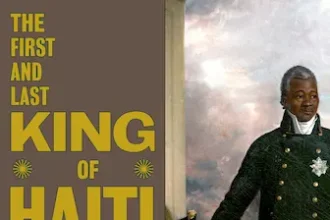Enslaved People and Legal Resistance in Patchwork Freedoms
How did enslaved and free people of African descent navigate oppressive legal systems to carve out spaces of autonomy? Patchwork Freedoms by Adriana Chira, winner of the James A. Rawley Prize in Atlantic History (2023) and the Peter Gonville Stein Book Award (2023), offers a profound exploration of emancipation strategies in 19th-century Cuba. Published by Cambridge University Press, this critically acclaimed book reveals how Afro-descendant communities in Santiago de Cuba challenged colonial power through legal maneuvers and customary rights.
How Enslaved People Used the Law to Win Freedom
Unlike conventional histories of abolition that center on political decrees and elite decision-making, Patchwork Freedoms shifts the focus to everyday legal battles fought by Afro-descendants.
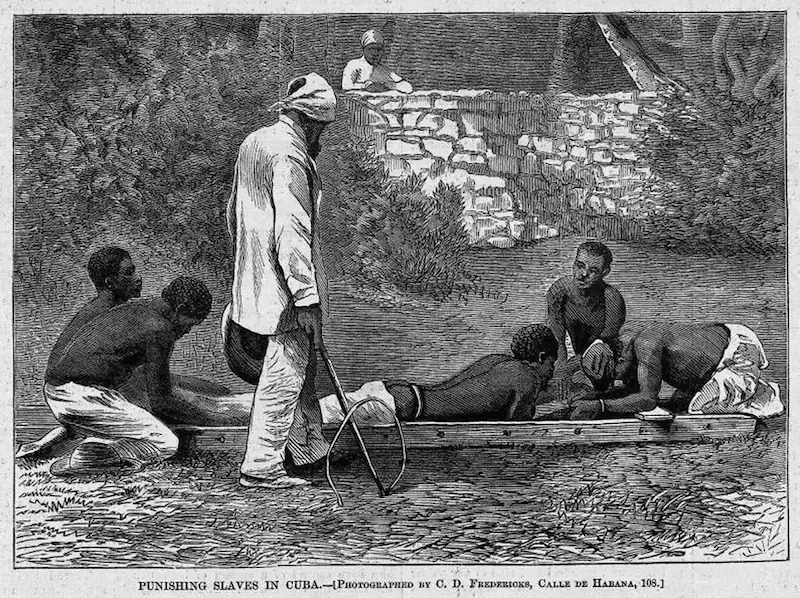
Chira meticulously examines court cases, municipal records, and community testimonies to argue that freedom was not granted from above but painstakingly assembled from below. This thesis aligns with recent historiographical debates on “emancipation from below,” emphasizing the agency of marginalized groups rather than the benevolence of colonial authorities.
The book explores key themes such as manumission through coartación (self-purchase in installments), customary rights, and local legal autonomy. Chira illustrates how enslaved and free people in Santiago de Cuba strategically used colonial courts, negotiating with local officials to expand their rights incrementally. As she demonstrates, these legal struggles shaped broader political movements, influencing Cuba’s independence wars and the eventual abolition of slavery in the 1880s.
One of the book’s most compelling arguments is that the legal culture in Santiago differed significantly from other plantation societies. Unlike the rigid racial hierarchies in places like Louisiana or Jamaica, Santiago’s communities leveraged vernacular legalism, where oral contracts, local reputations, and community networks played a decisive role in legal outcomes. This insight challenges the dominant narrative that legal systems uniformly reinforced racial oppression and instead highlights the fluidity and contestation within colonial law.
Furthermore, Patchwork Freedoms contributes to contemporary discussions on racial justice and legal activism. By illustrating how marginalized communities used the law both as a tool of resistance and a site of struggle, the book resonates with current debates on systemic inequality and grassroots advocacy. In an era where legal battles continue to shape racial and economic justice, Chira’s work offers historical depth to ongoing struggles.
The Lasting Impact of Enslaved People’s Legal Struggles
Patchwork Freedoms forces us to reconsider what emancipation truly meant for those who lived through it. Rather than a singular event marked by legislative acts, freedom was an uneven, contested, and locally negotiated process. Chira’s meticulous research and engaging narrative make this book essential for scholars of Atlantic history, legal studies, and Black resistance.
For readers interested in the complexities of historical emancipation and the power of legal activism, Patchwork Freedoms is an indispensable addition to any collection. The book is available here.


